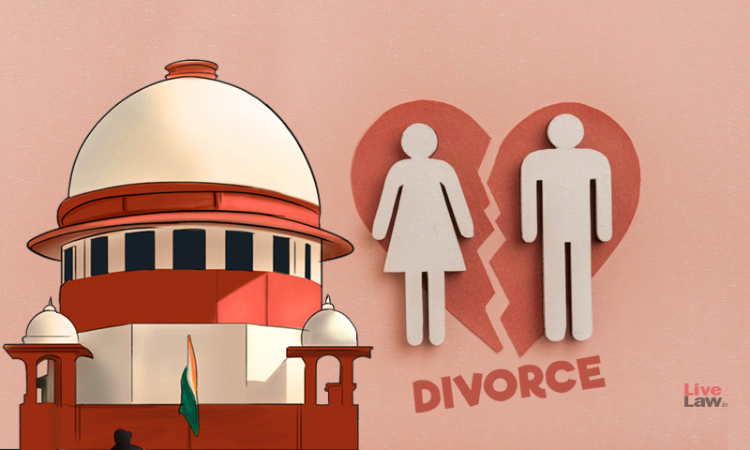Bar On Remarriage After Divorce Will Apply On Mere Filing Of Appeal By Other Party Within Limitation : Supreme Court
LIVELAW NEWS NETWORK
28 Feb 2022 3:01 PM IST

It is not necessary that the appeal should be brought up on the judicial side within the time.
Next Story


